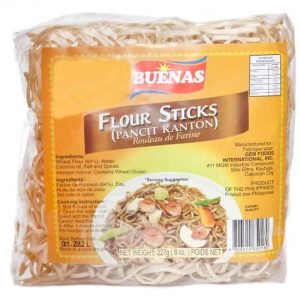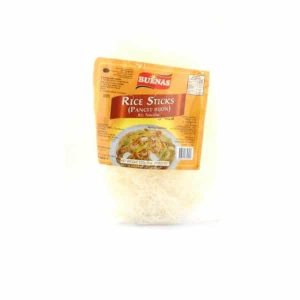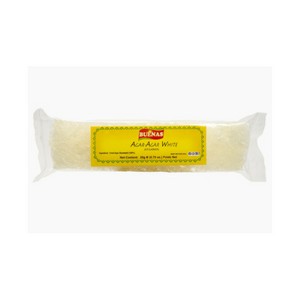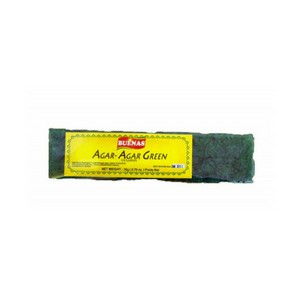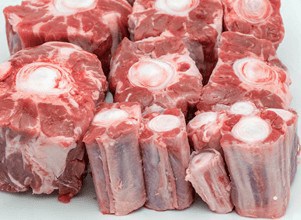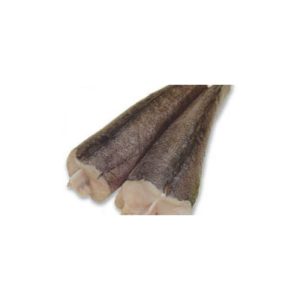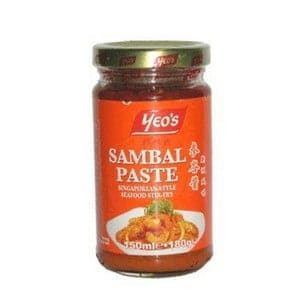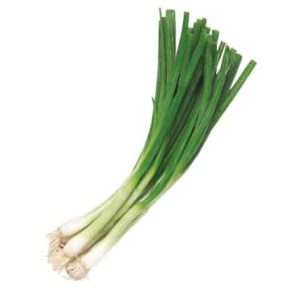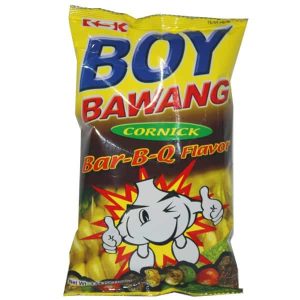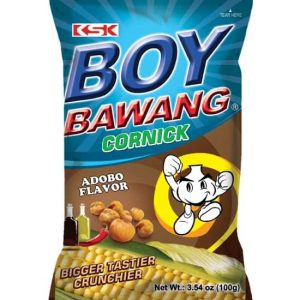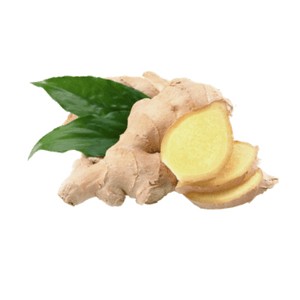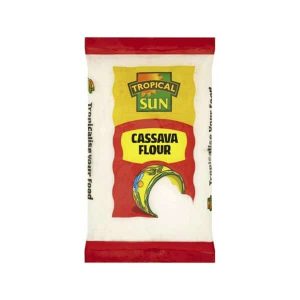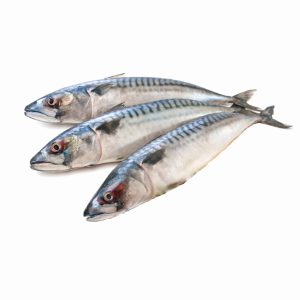Pancit Canton Buenas (Flour Sticks) 227G
Pancit Canton Buenas (Flour Sticks) 227GPancit Canton Buenas (Flour Sticks) 227G
Pancit Canton Buenas (Flour Sticks) 227G227g Pancit Canton (Flour Sticks)
Bihon (Rice Sticks) 227G
Bihon (Rice Sticks) 227GBuenas Agar Strips (White) 20G
Buenas Agar Strips (White) 20GBuenas Agar Strips (White) 20G
Buenas Agar Strips (White) 20G20g Buenas Agar – Agar Strips (White)
Buenas Red Agar Strips 20G
Buenas Red Agar Strips 20GBuenas Green Agar Strips 20G
Buenas Green Agar Strips 20GOxtail (Cow Tail) 1KG
Oxtail (Cow Tail) 1KGHake Fish (Pala) Whole – 1KG – 1.5KG
Hake Fish (Pala) Whole – 1KG – 1.5KGHake Fish (Pala) Whole – 1KG – 1.5KG
Hake Fish (Pala) Whole – 1KG – 1.5KGHake – 1.5Kge
YEO’S Sambal Chili Paste 180G
YEO’S Sambal Chili Paste 180GYEO’S Sambal Chili Paste 180G
YEO’S Sambal Chili Paste 180G180g YEO’S Sambal Chili Paste
Spring Onion X 2
Spring Onion X 2Spring Onion X 2
Spring Onion X 2100g Spring Onion
Ginger 500G
Ginger 500GCassava Flour 1KG
Cassava Flour 1KGCassava Flour 1KG
Cassava Flour 1KGCassava is Africa’s most versatile staple. In Africa, a wide variety of cassava-based dishes are consumed. Even the waste gotten from cassava processing can be recycled into animal feed, glue, and ingredients for pharmaceuticals.
Cassava is a woody shrub that is mainly cultivated for its edible starchy root. A native to South America, cassava was introduced to Africa in the 16th Century by Portuguese traders. Since then cassava has grown to become a staple food for most African countries.
Apart from its versatility, cassava is relatively easy to grow. It thrives on poor soils with low rainfall. It is also a perennial crop with a wide harvesting window. Its non-seasonal nature makes it a resourceful crop to cultivate. Currently, Nigeria remains the largest producer of cassava.
So what makes cassava versatile? The reason is obvious. Unlike other staple foods, there are lots of cassava-based dishes eaten in Africa.
Tropical Sun Cassava flour is made from freshly harvested Cassava tubers(roots). The fresh roots are then washed, peeled, grated, and blended into a paste-like consistency where it is then filtered, dried, and sifted into flour.
Our Cassava flour (a.k.a. Elubo or Kokonte) is all-natural with NO additives, or chemicals used throughout the production process.

